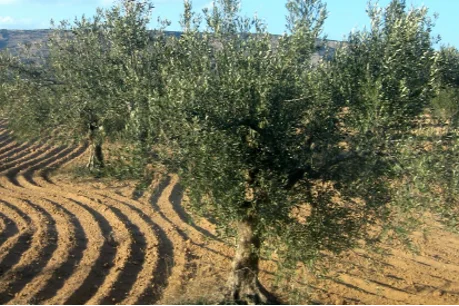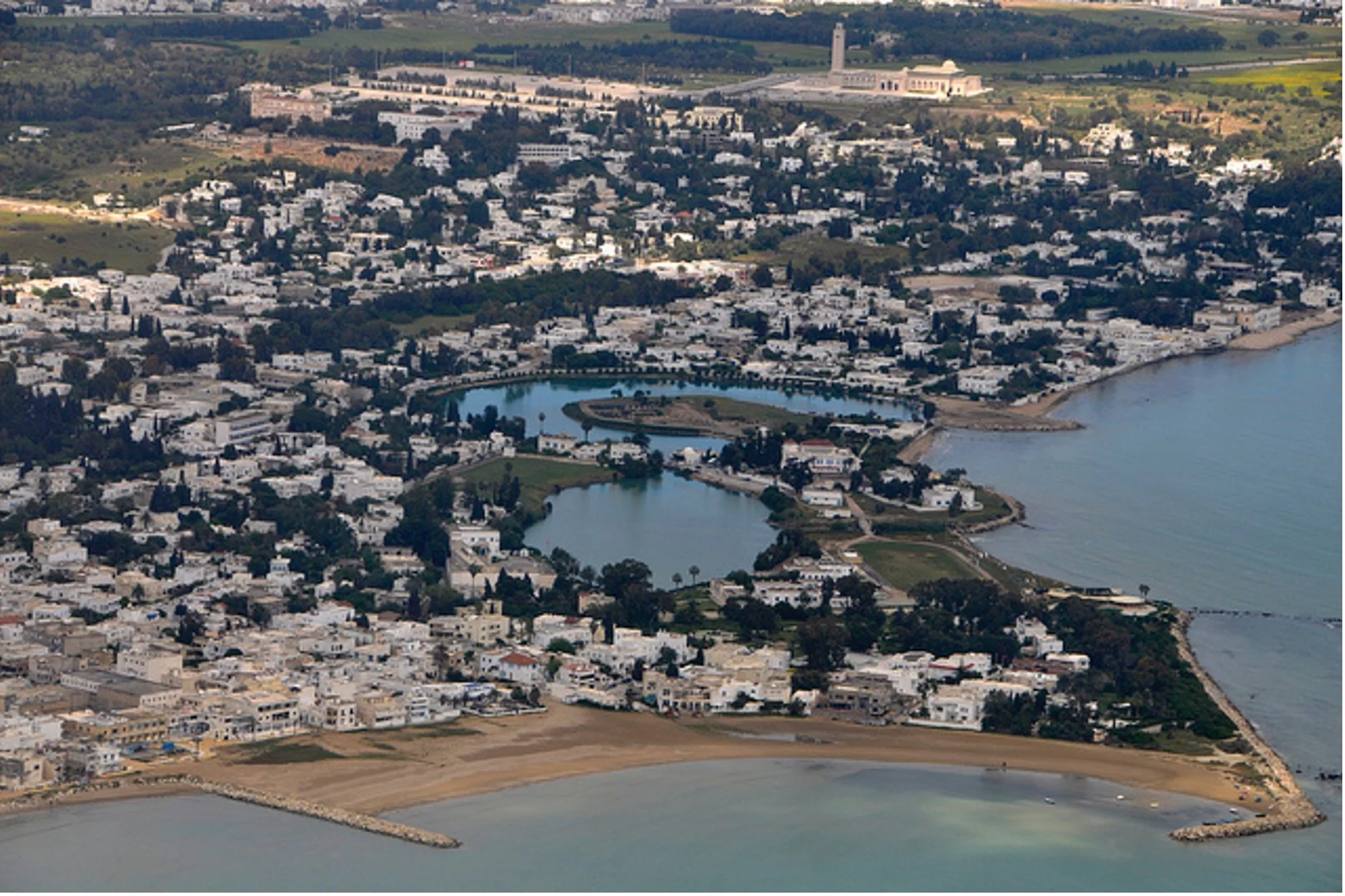Sustainability And How Tunisia Is Making Its Contribution
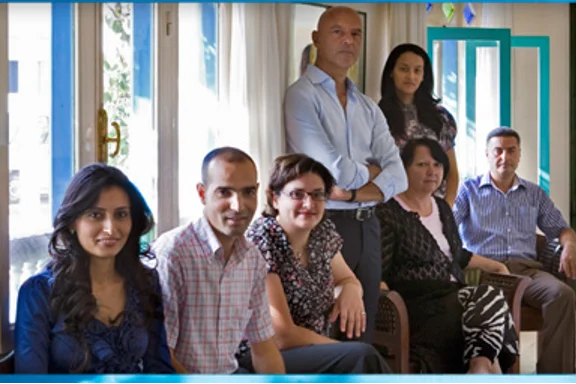
Tunisia is the first Arab State to create a Ministry of Environment and Sustainable Development. It works closely with the Ministry of Transport to create a safe and clean environment. It has incorporated environmental laws into its national development strategy.
Examples of this strategy:
- Treated water that leaves Tunisian sewage plants is recycled in ways that benefits the environment irrigating Tunisia’s many golf courses, roadside ornamental plantings, urban parks, cotton fields and non-food crops.
- Tunisia faces the problem of desert sands from the south constantly encroaching into the arable farming land to the north. Anti-desertification initiatives involve planting windbreaks, stabilising sand dunes, and draining land that have become saline through overuse or misuse to make it arable again.
- In the Sahara the suppliers are equipped with recycling equipment and what little waste that is created is brought out of the desert to leave a natural wilderness umblemished.
As part of its education programme the Ministry of Environment has developed a cartoon mascot, Labib, a long-eared desert fox who, for Tunisian children, has become as synonymous with cleaning beaches, planting trees, depositing rubbish in containers and conserving water and electricity.
 Algeria
Algeria Bahrain
Bahrain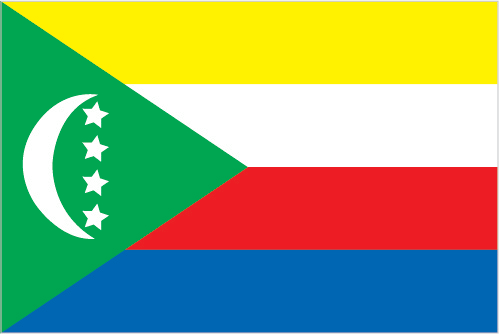 Comoros
Comoros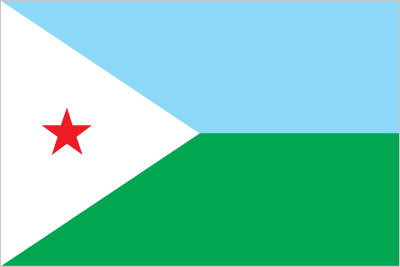 Djibouti
Djibouti Egypt
Egypt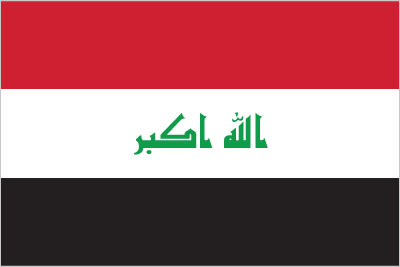 Iraq
Iraq Jordan
Jordan Kuwait
Kuwait Lebanon
Lebanon Libya
Libya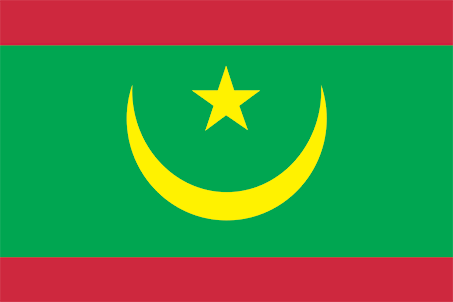 Mauritania
Mauritania Morocco
Morocco Oman
Oman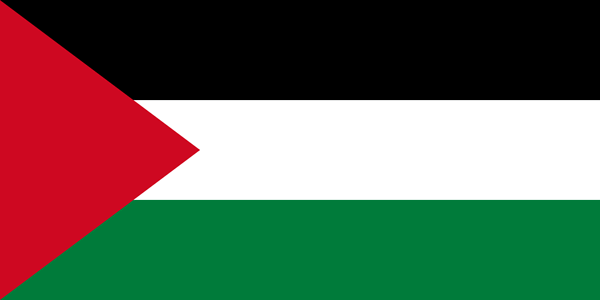 Palestine
Palestine Qatar
Qatar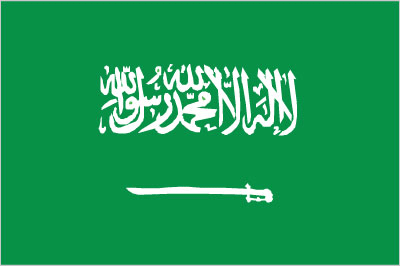 Saudi Arabia
Saudi Arabia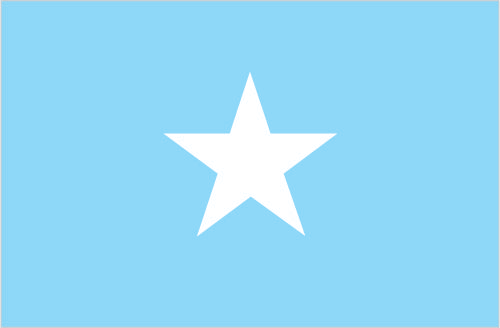 Somalia
Somalia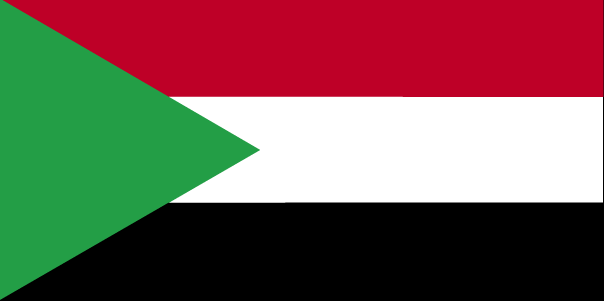 Sudan
Sudan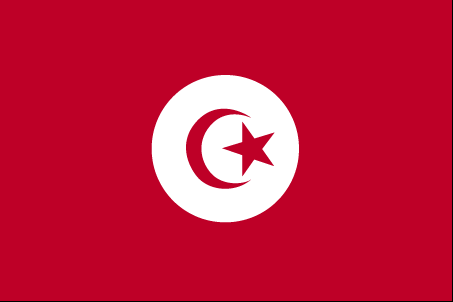 Tunisia
Tunisia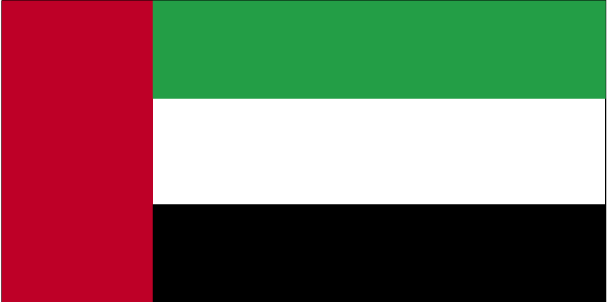 UAE
UAE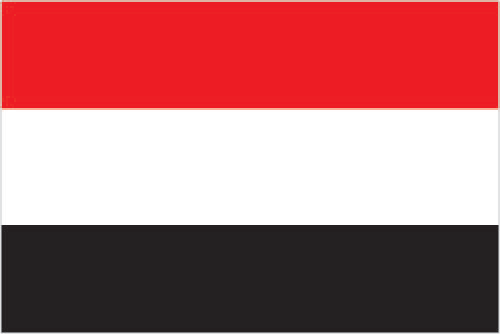 Yemen
Yemen